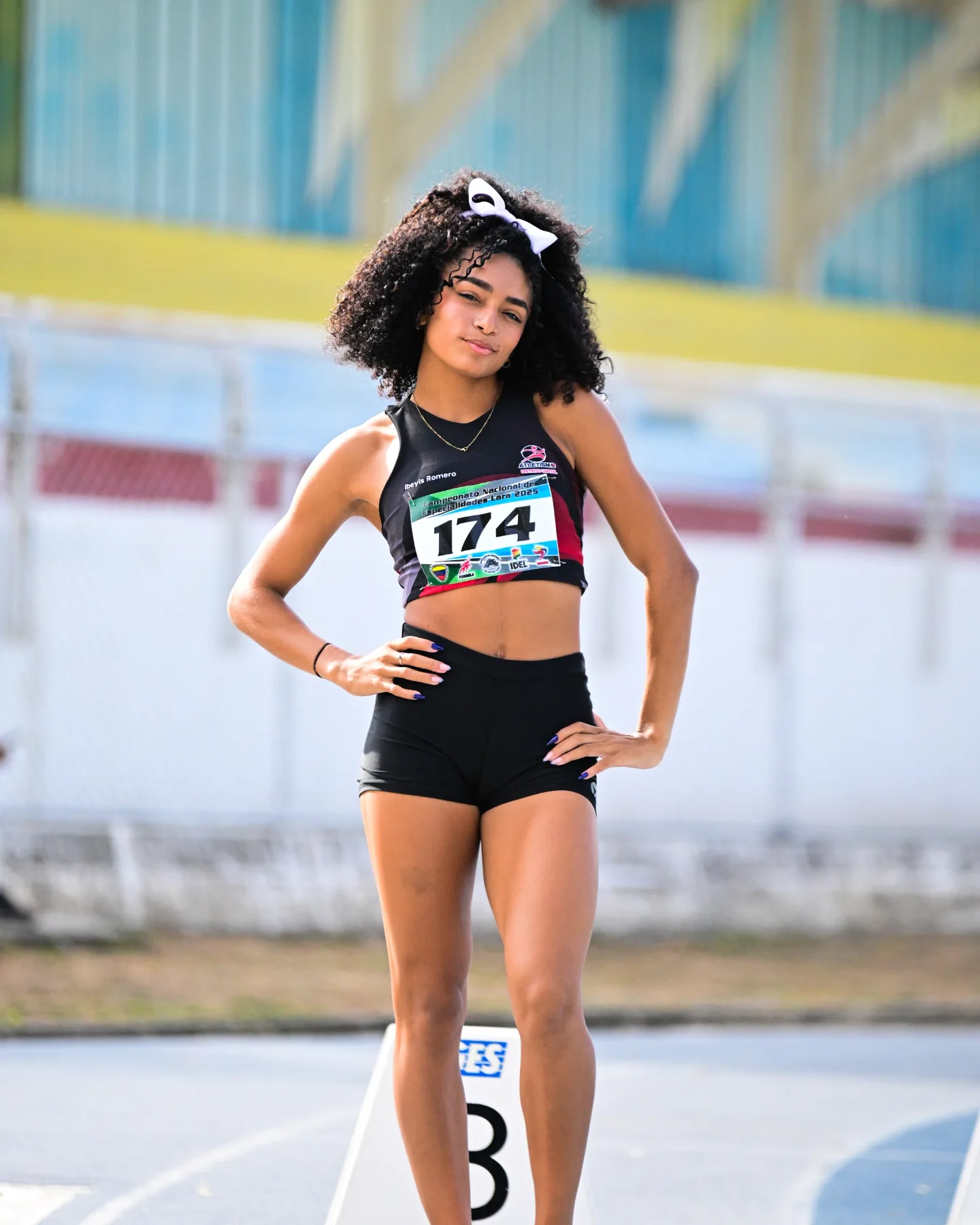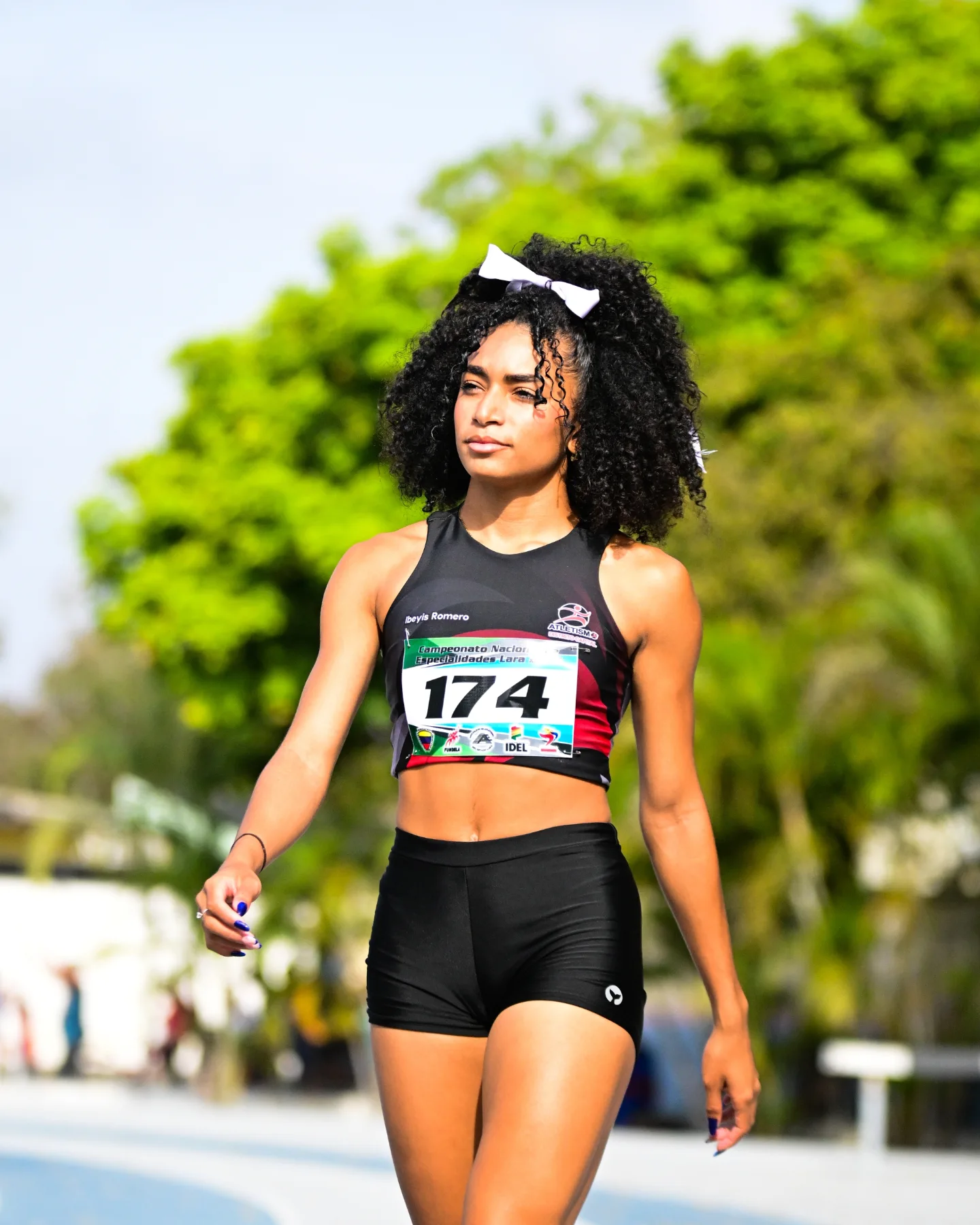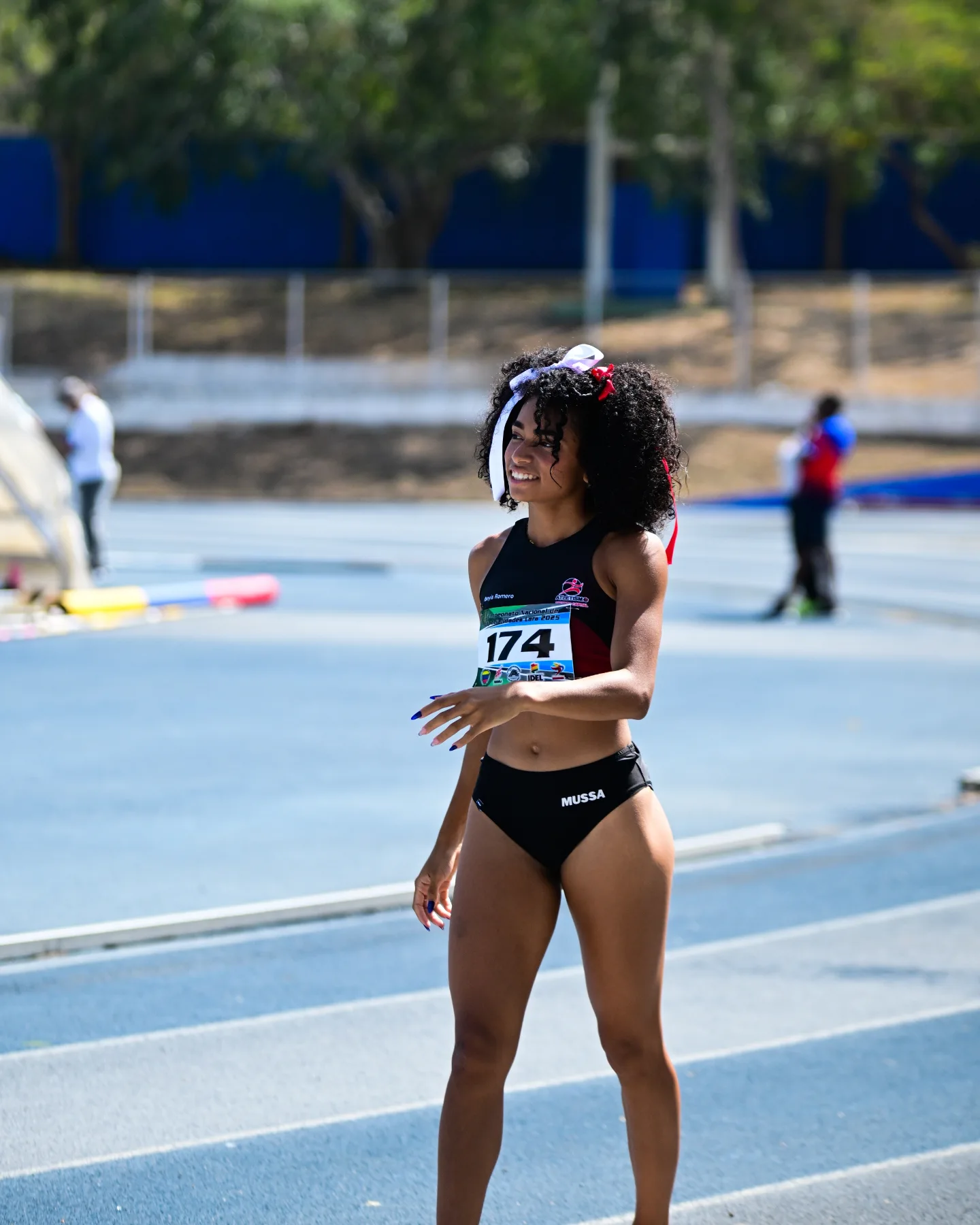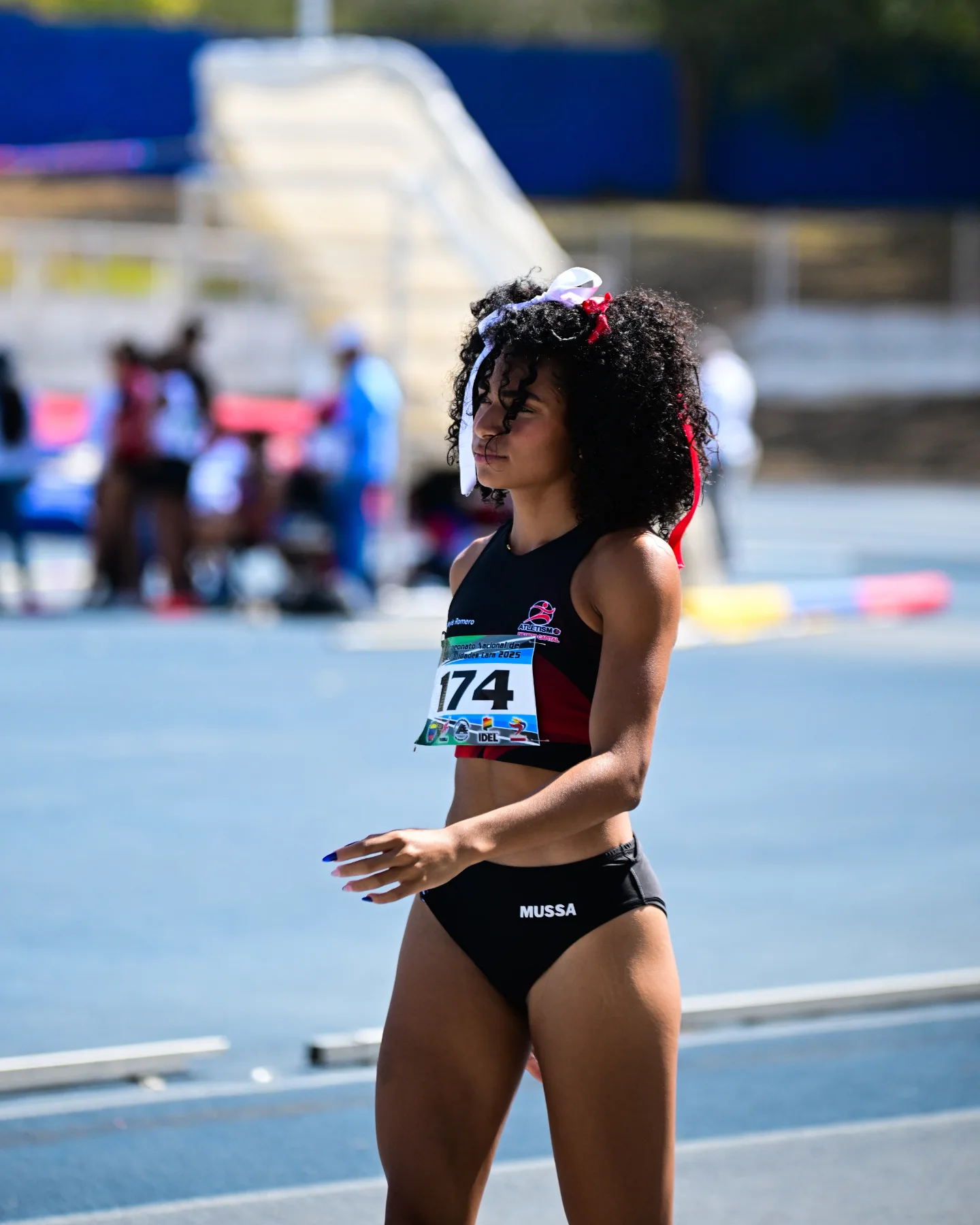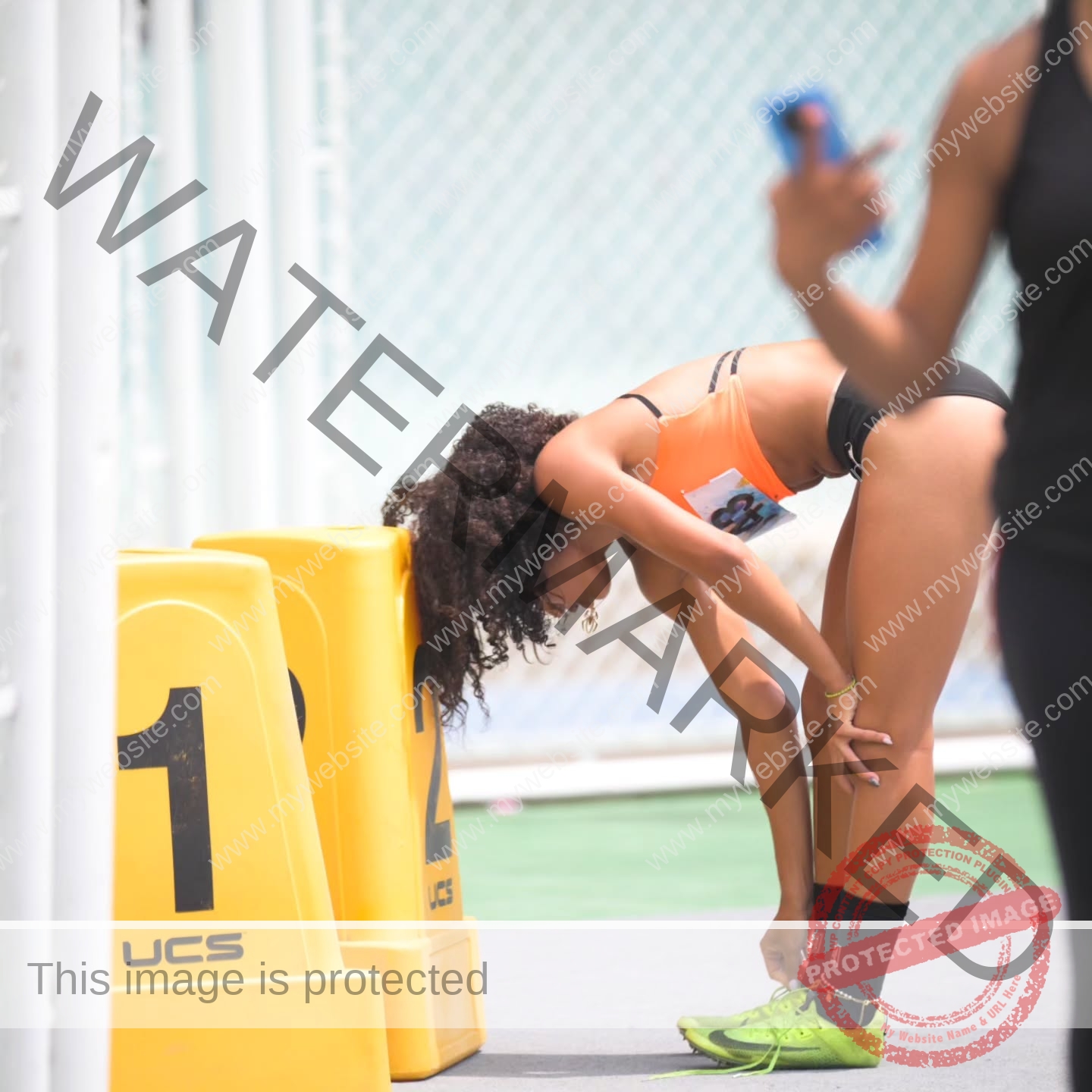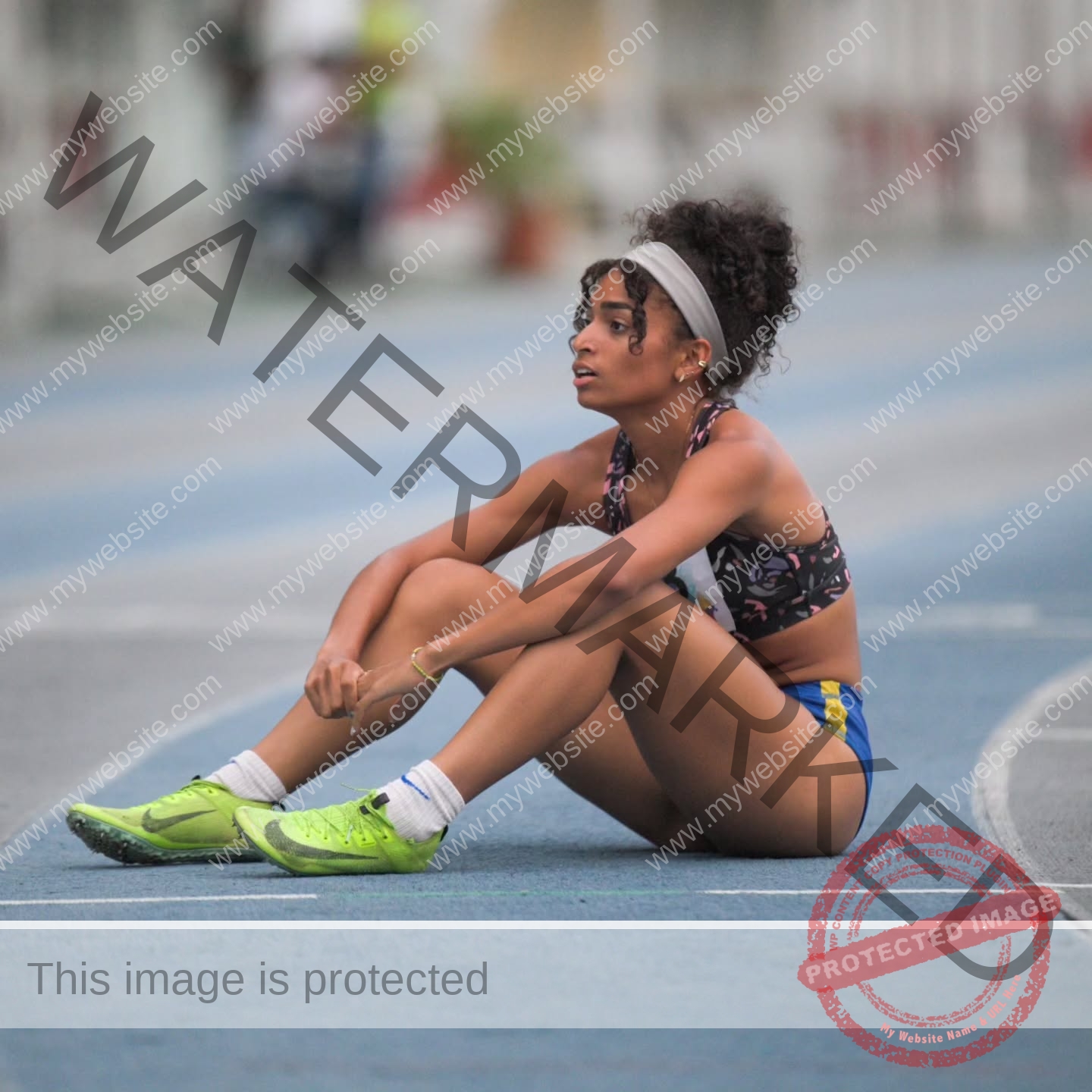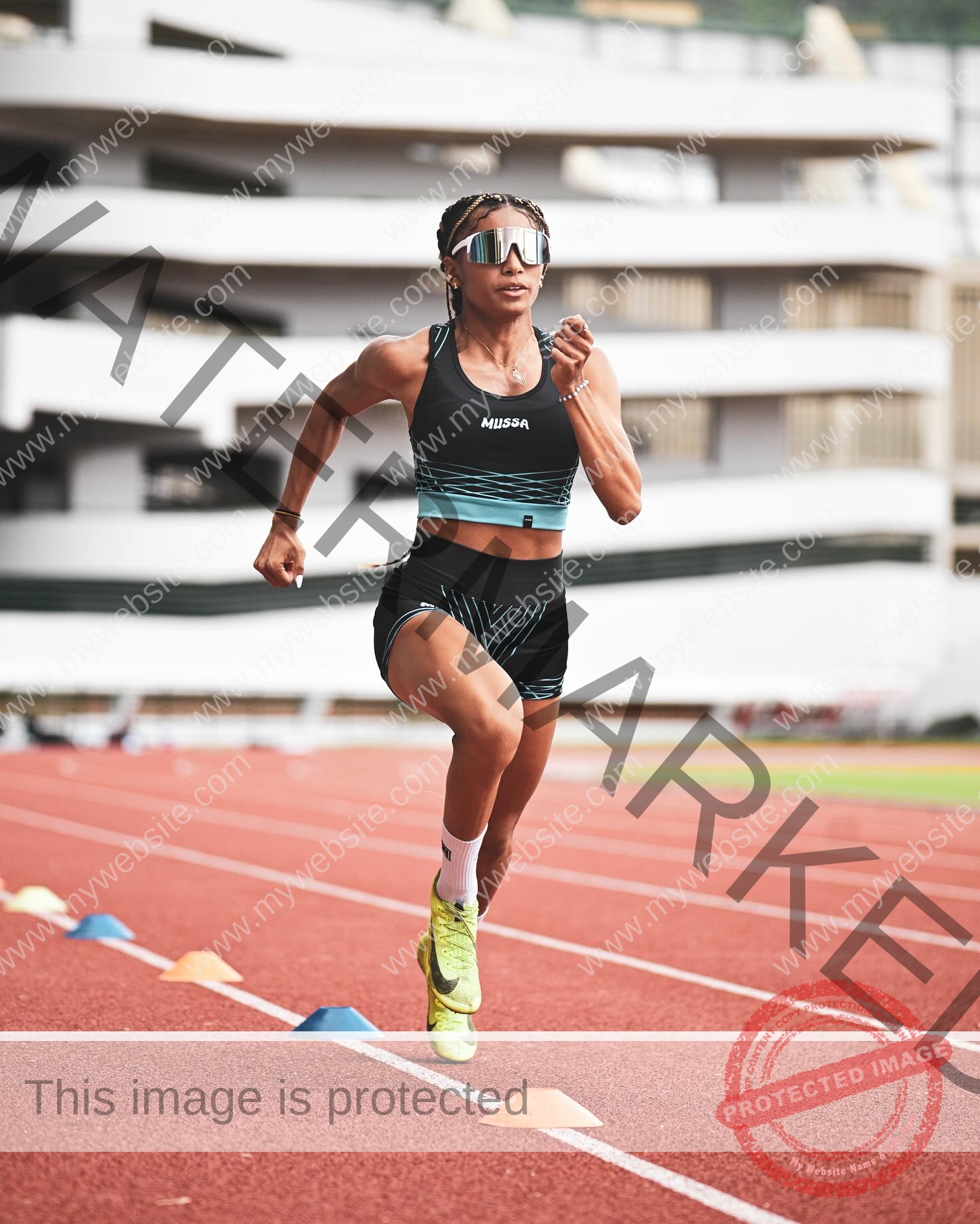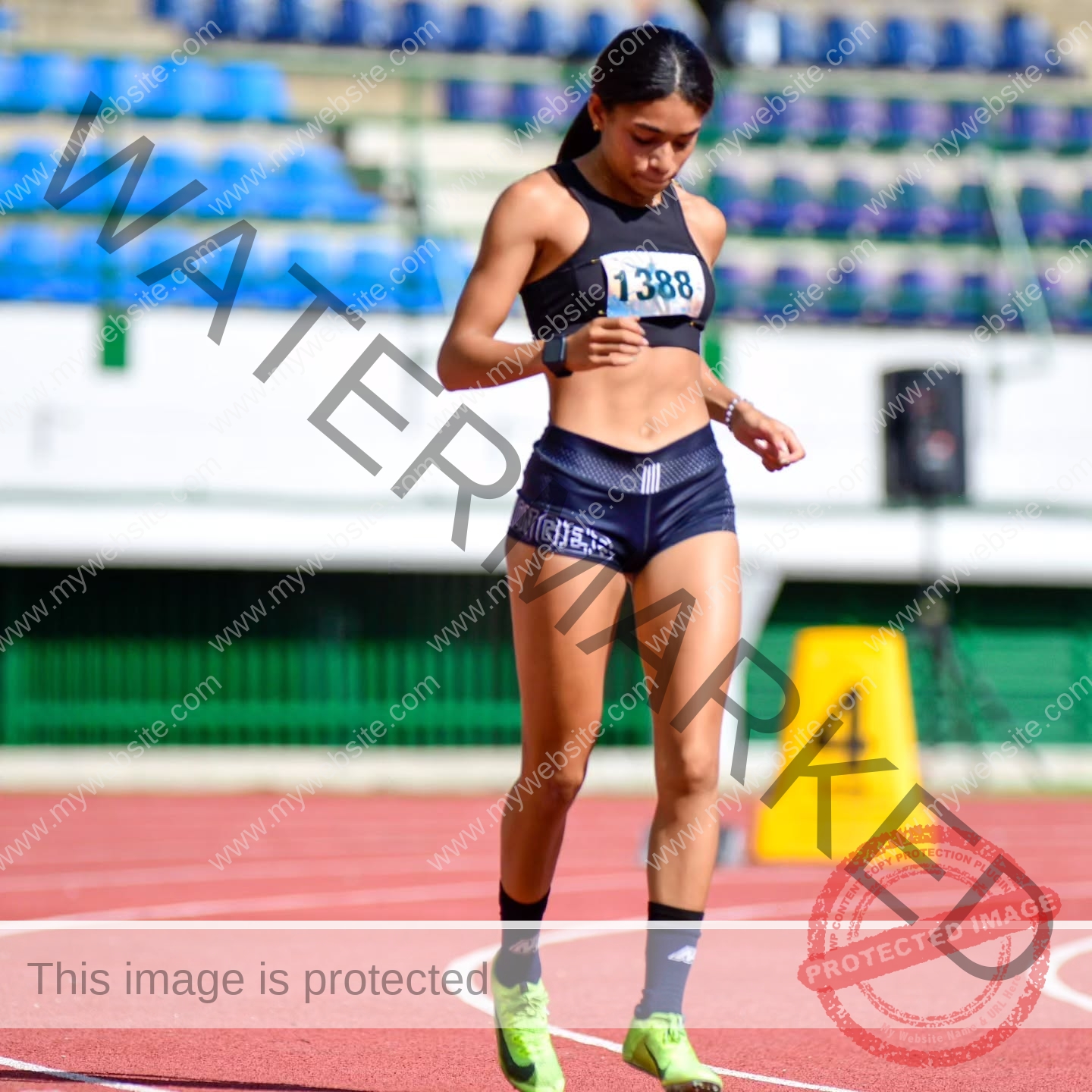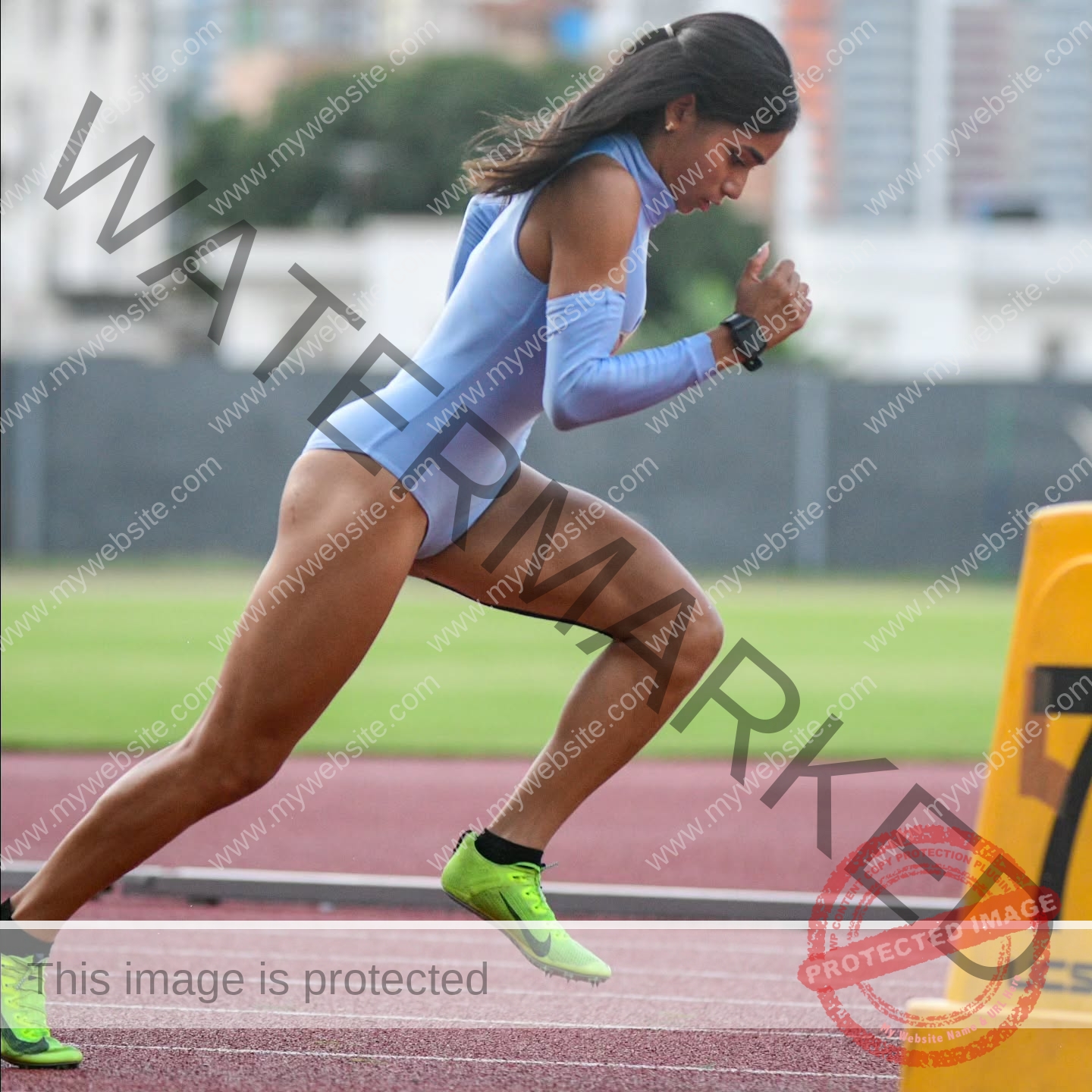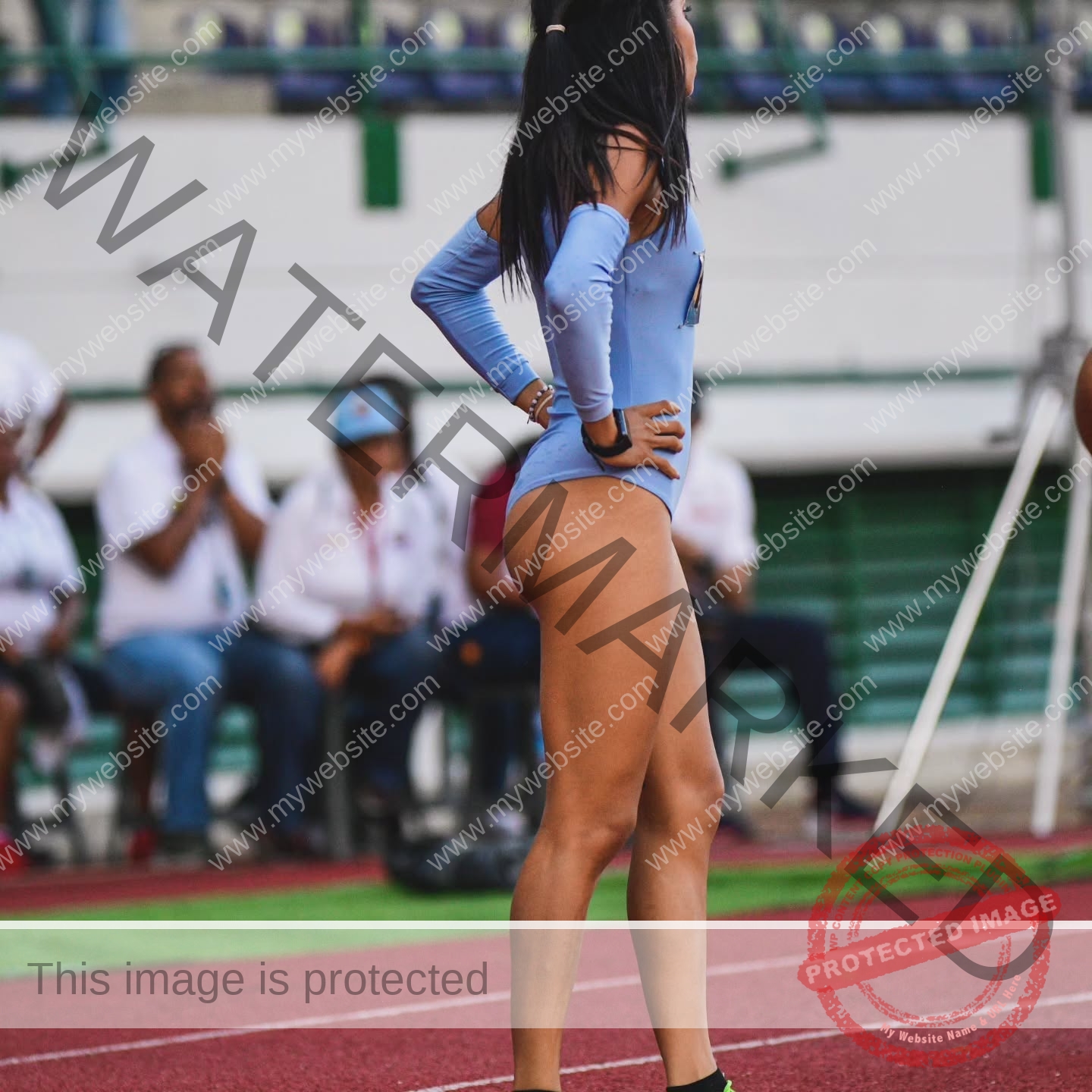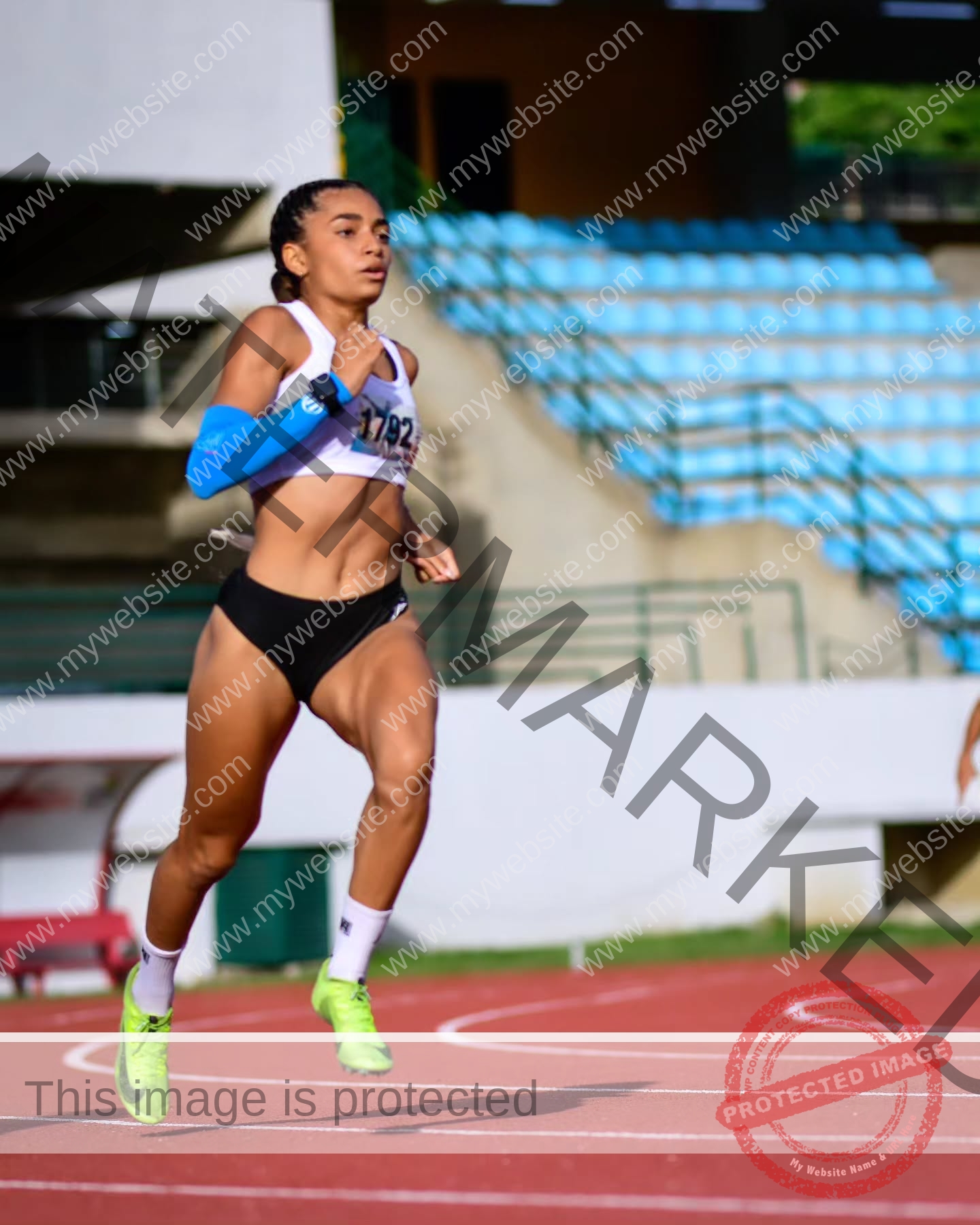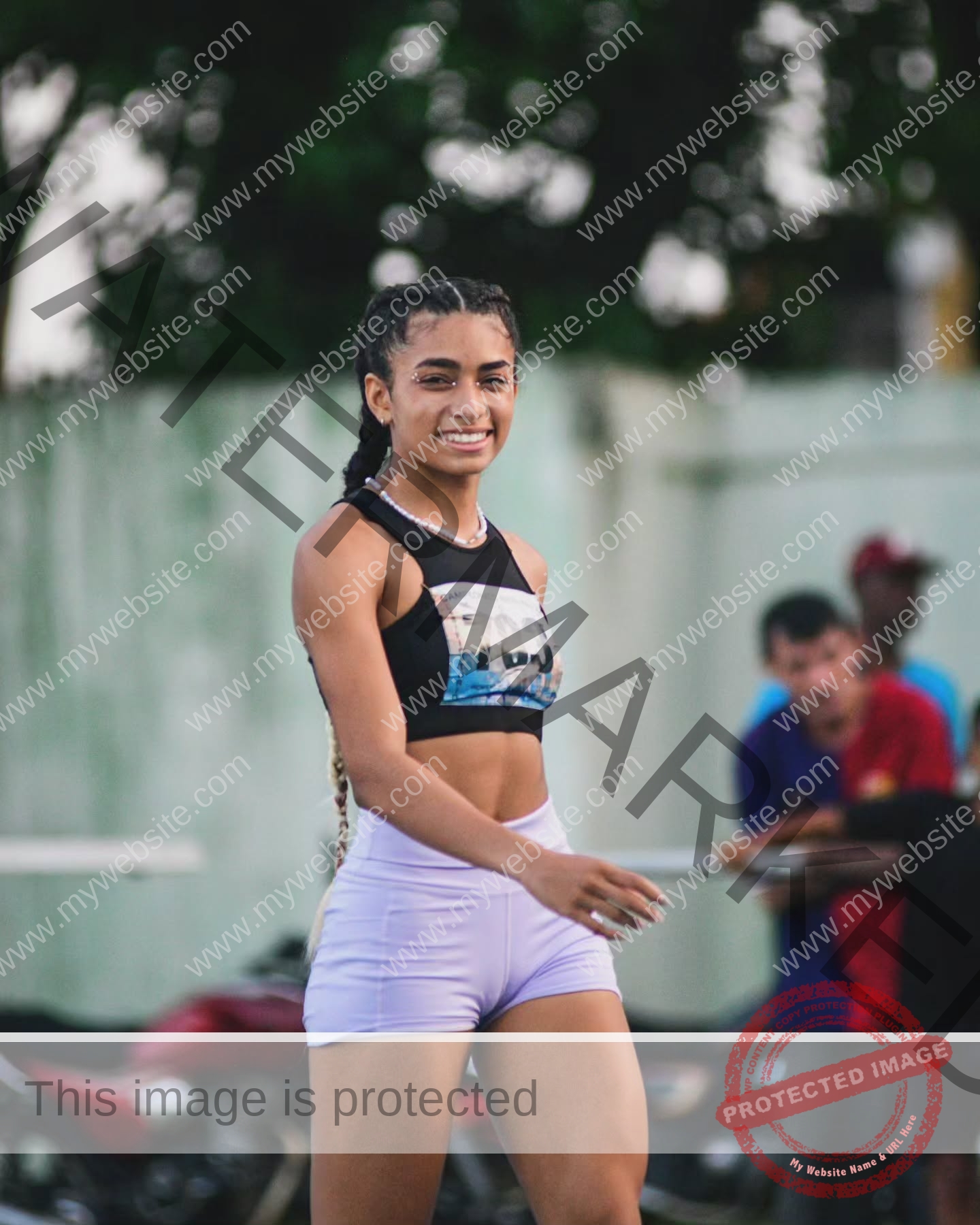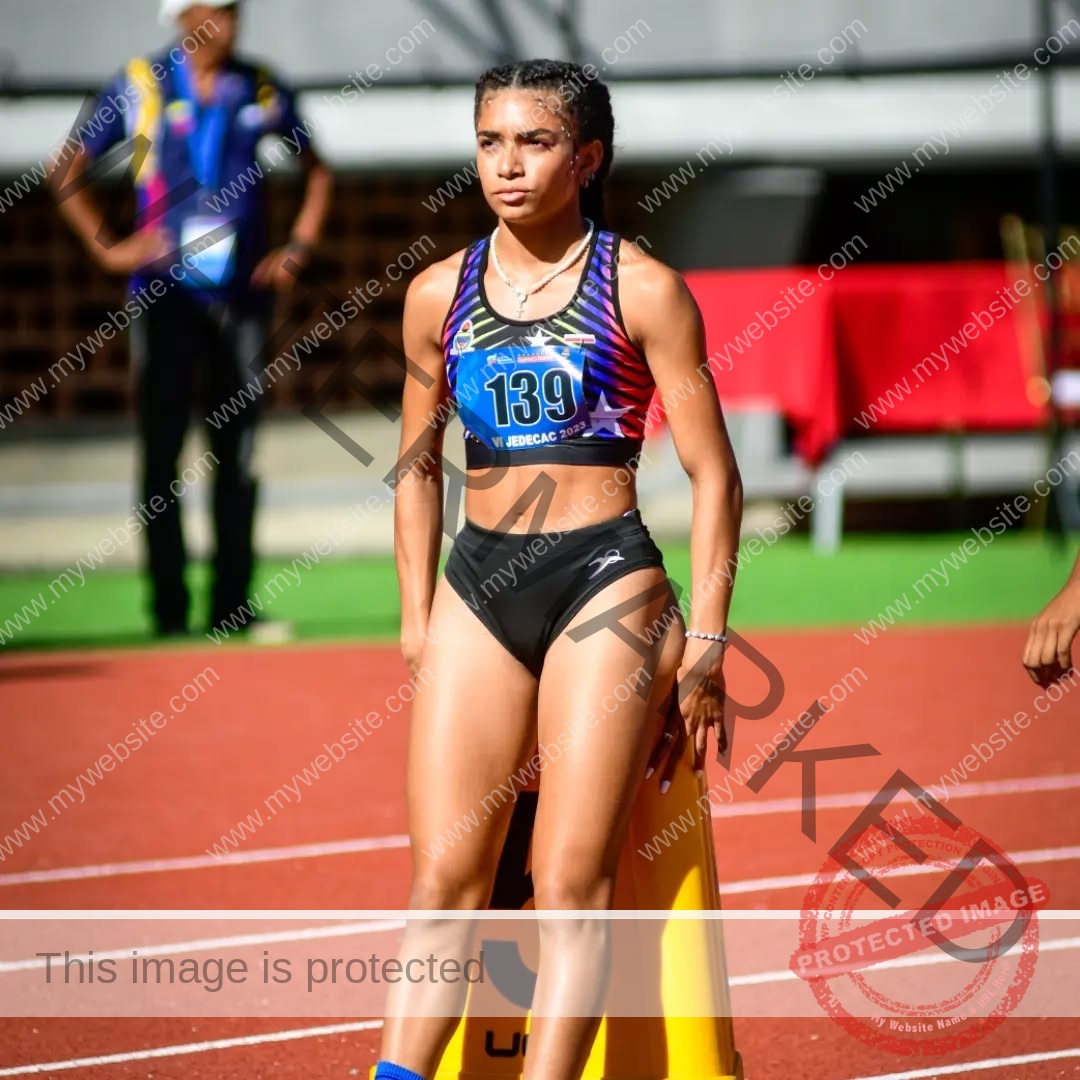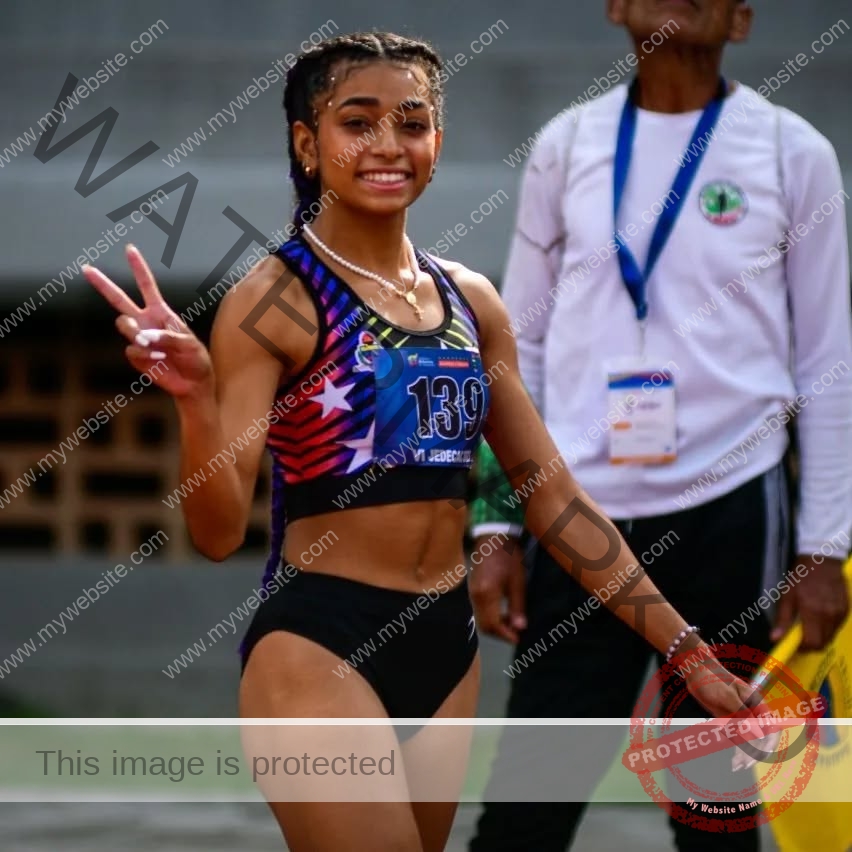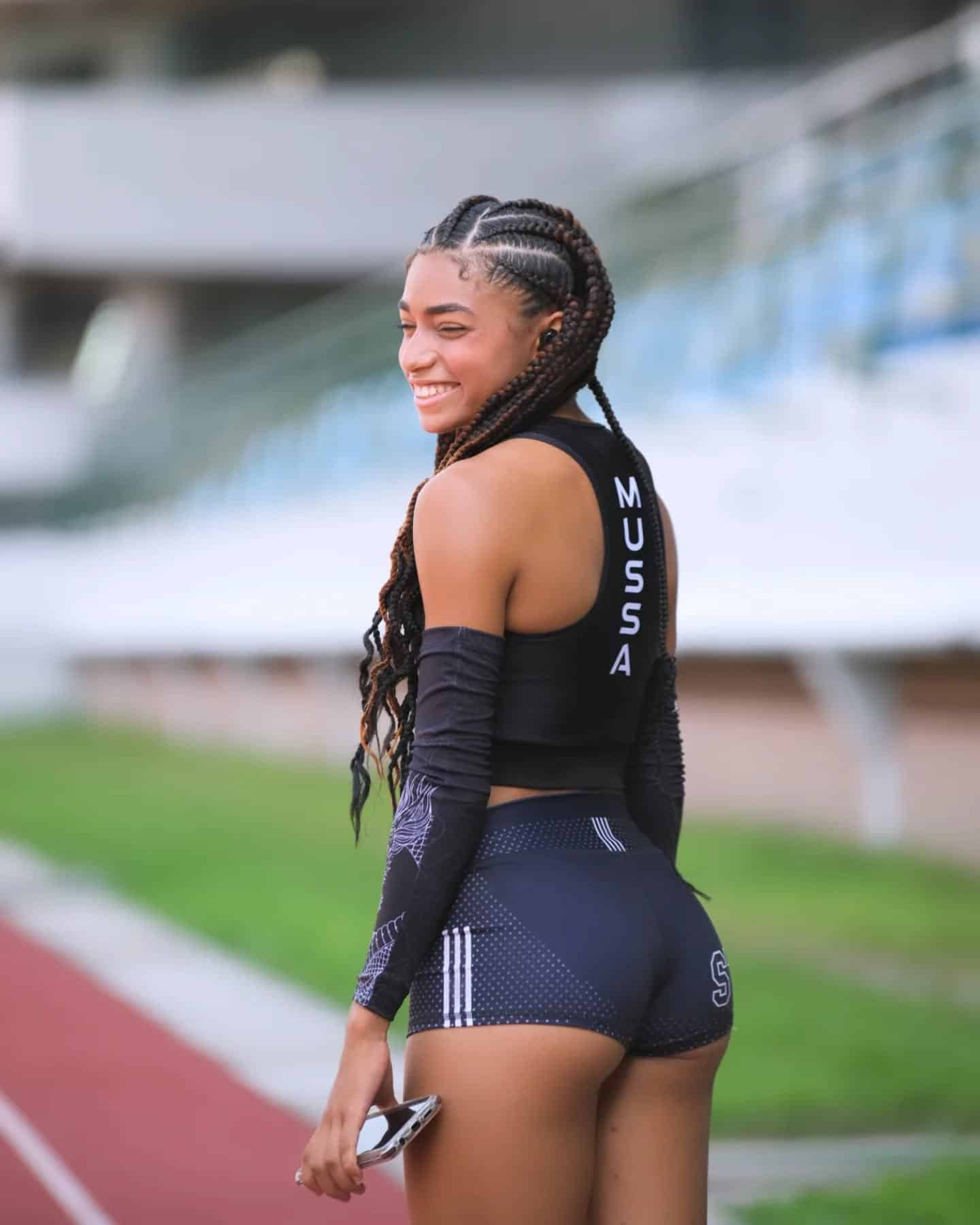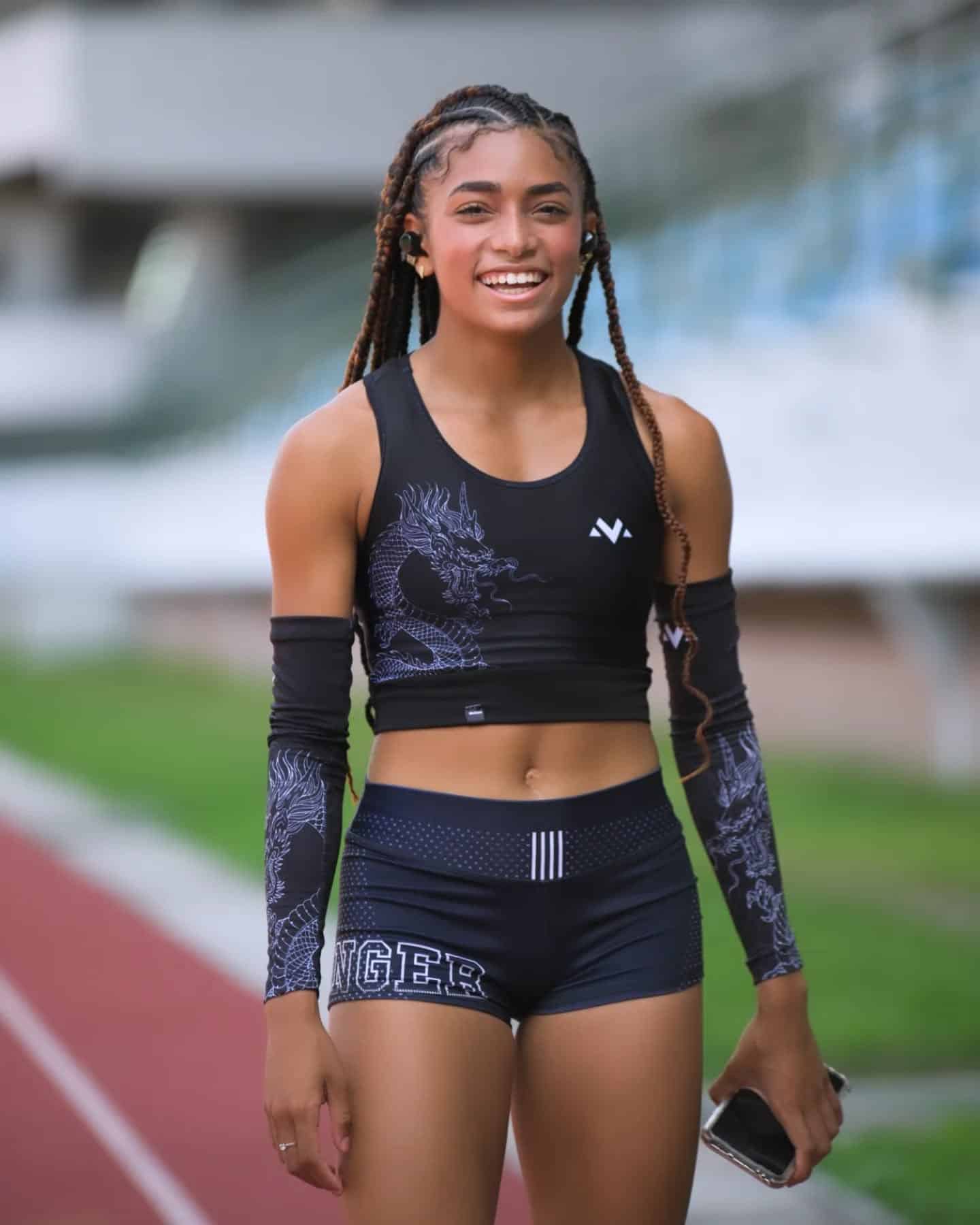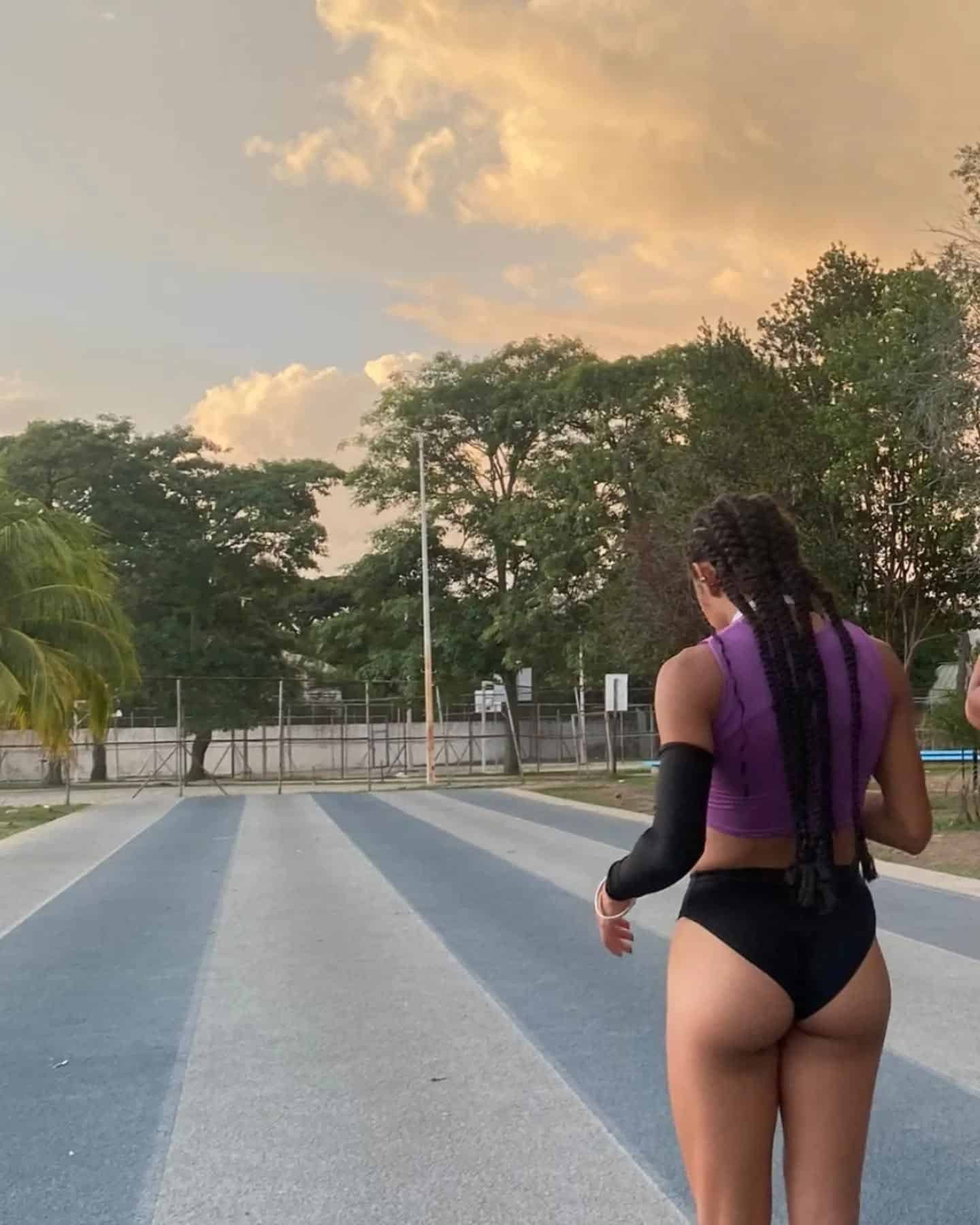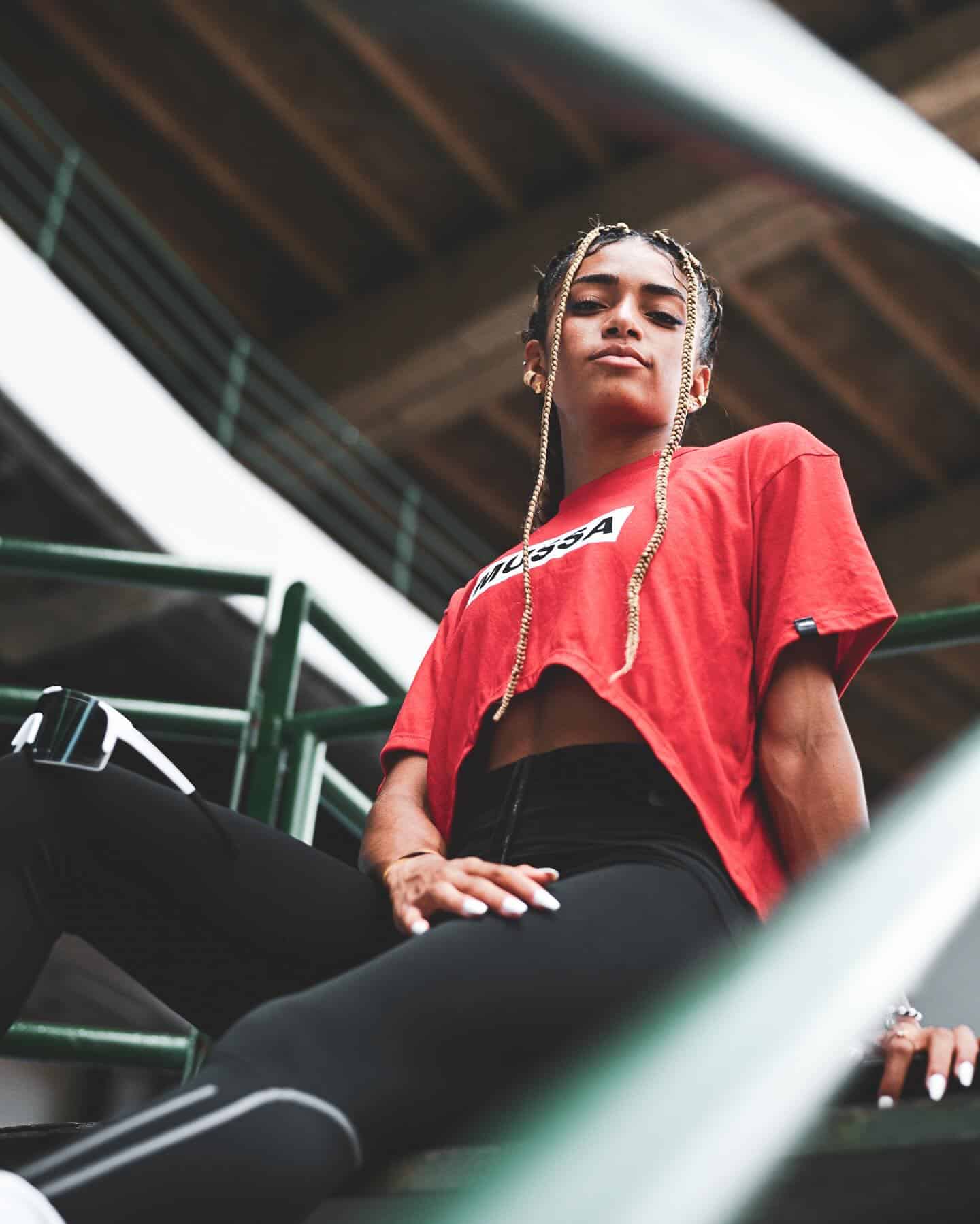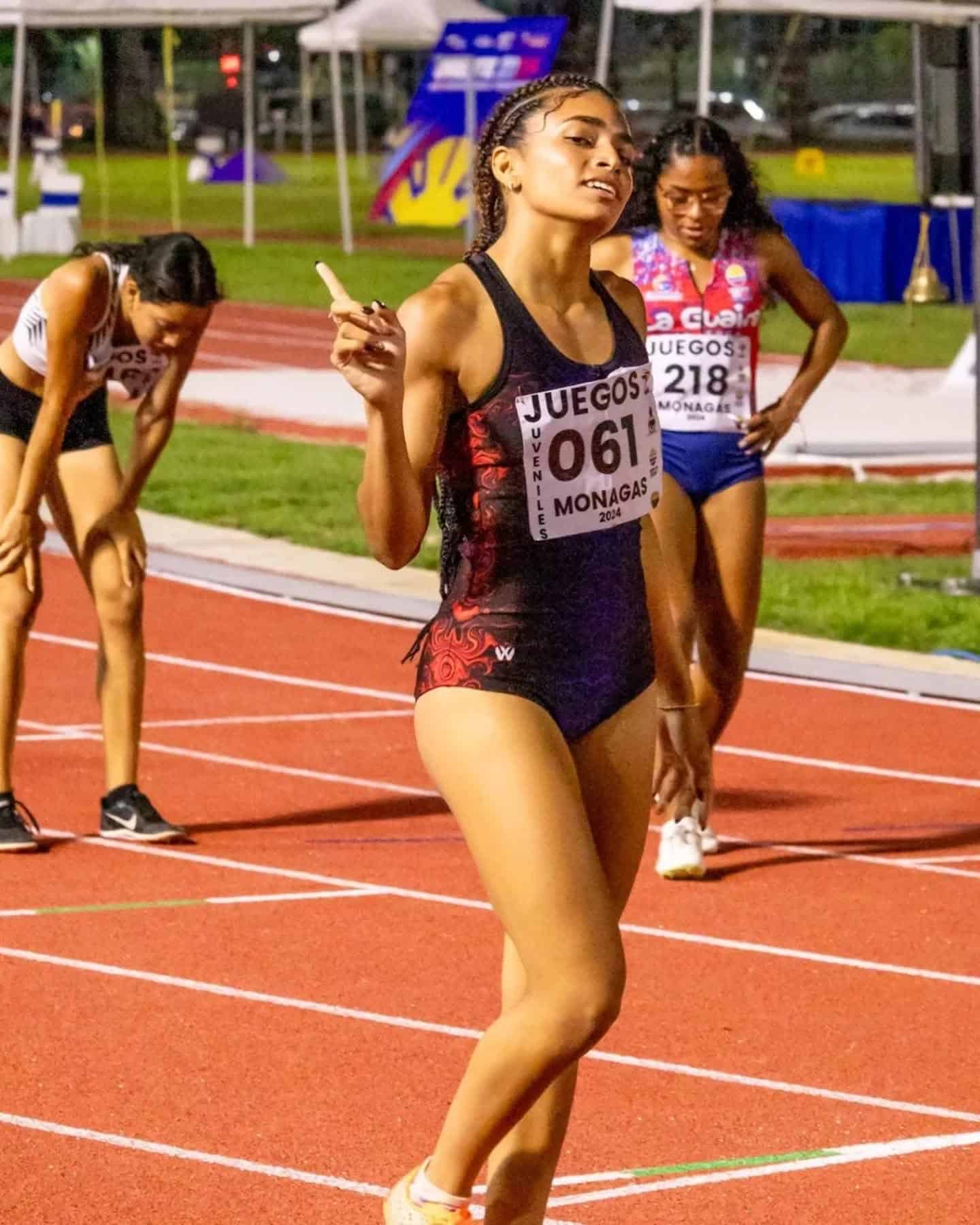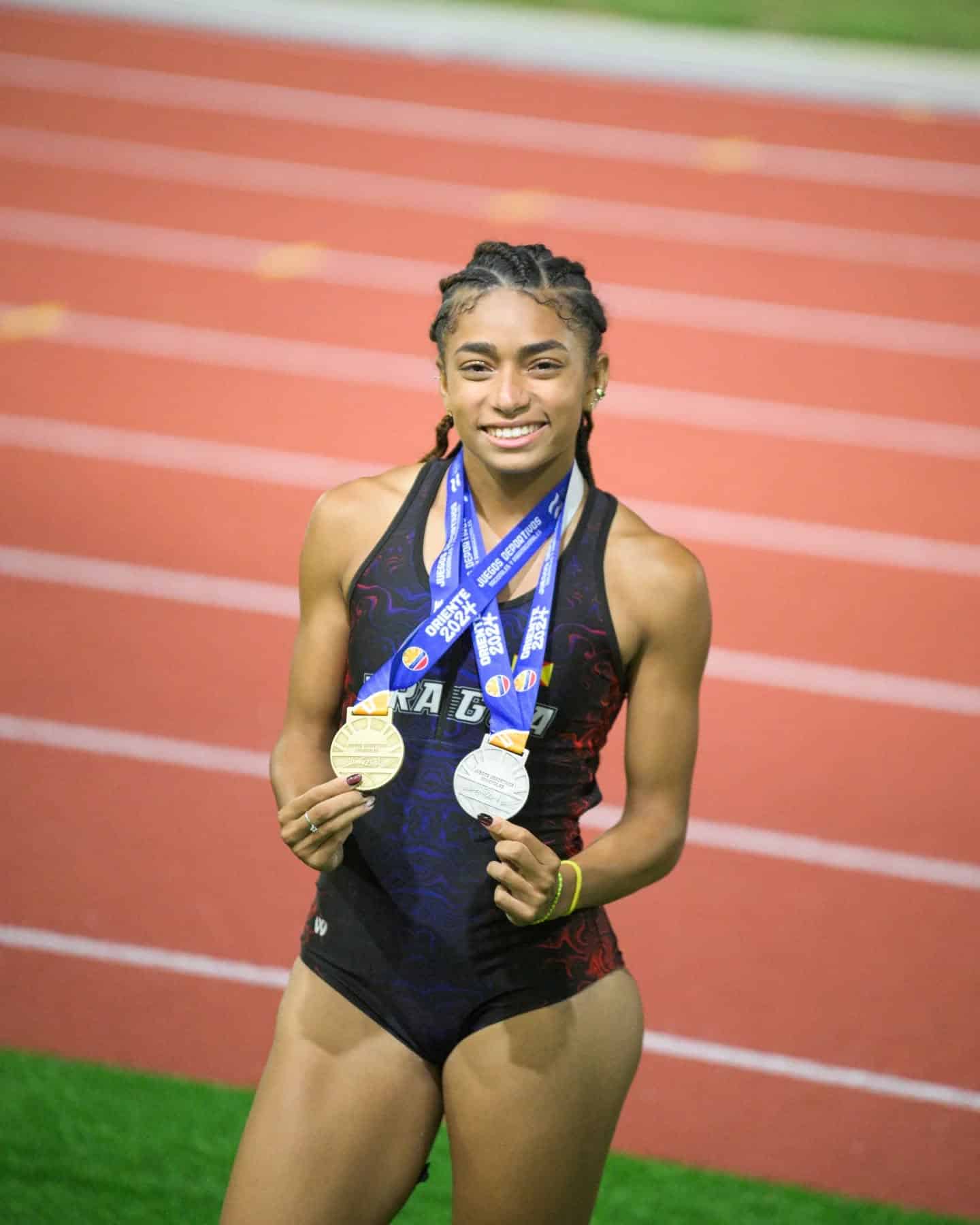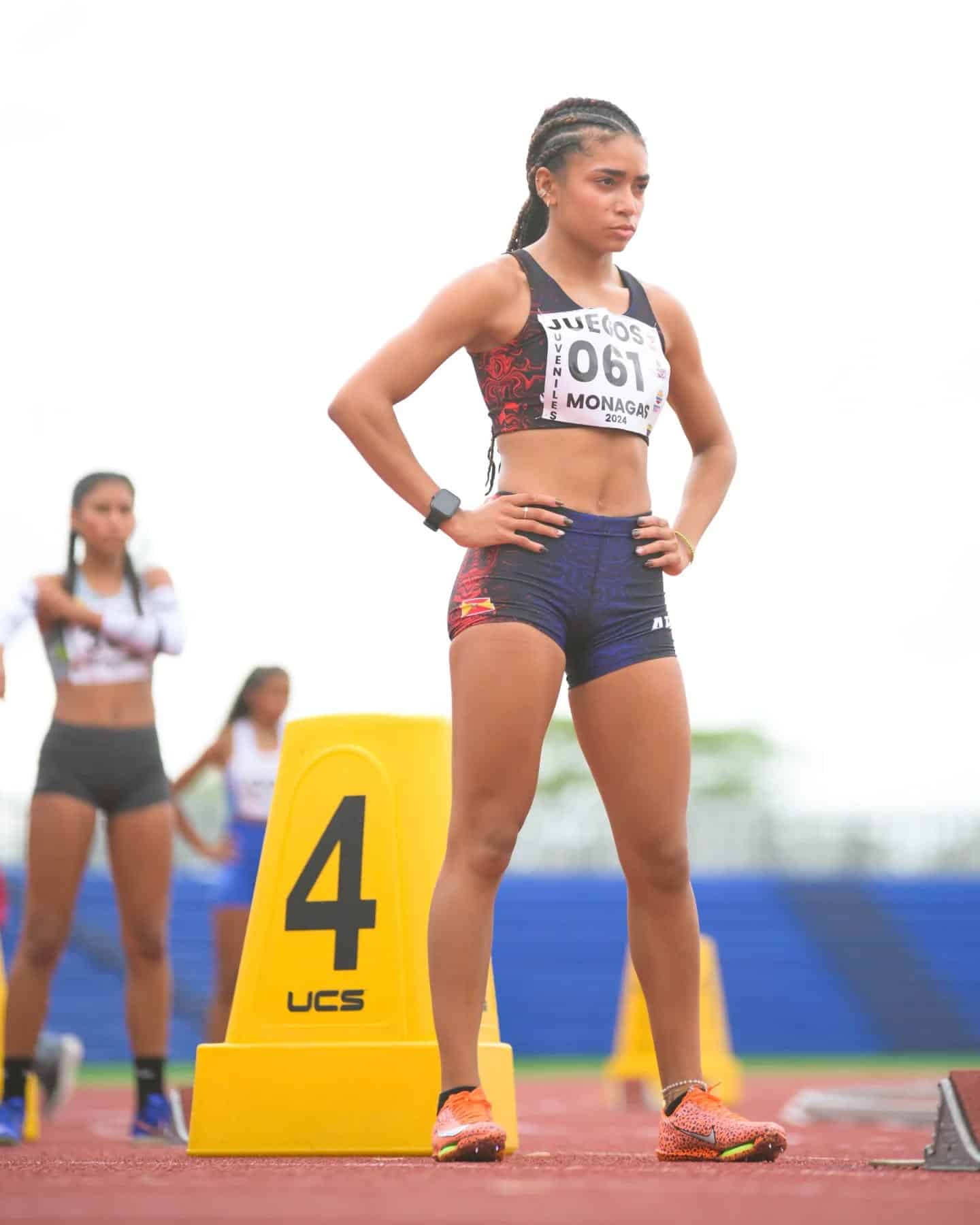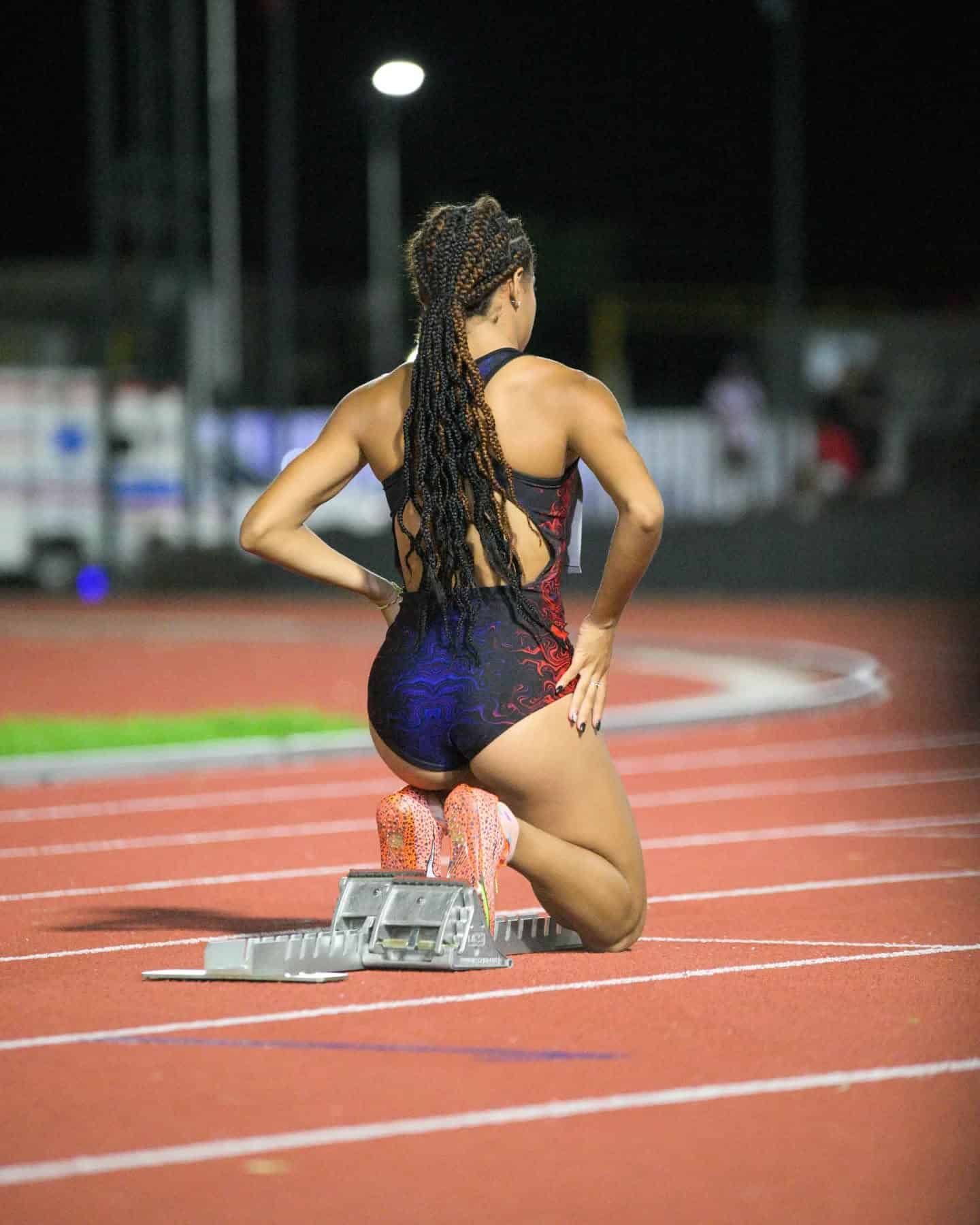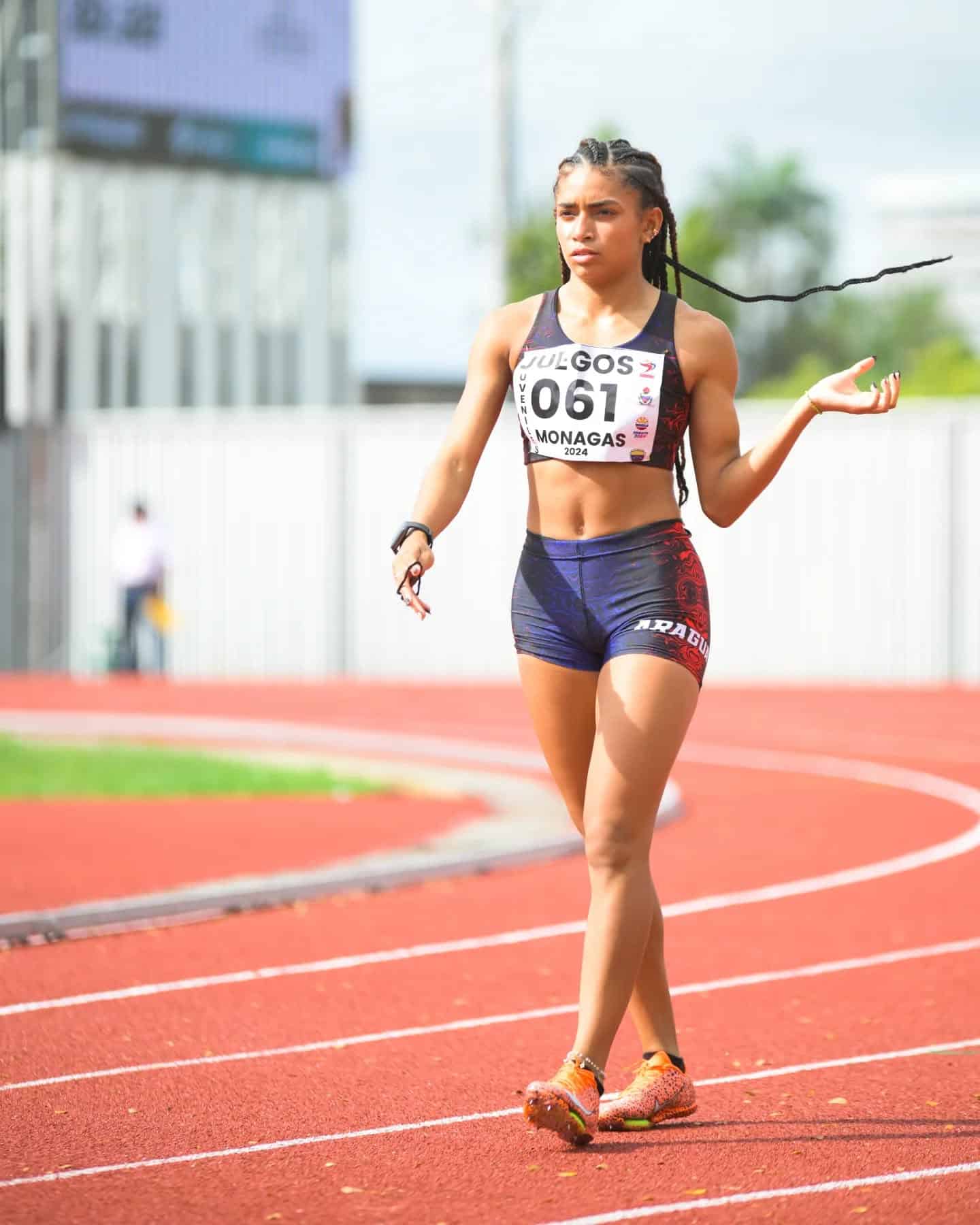Ibeyis Romero: A Comprehensive Biography of Venezuela’s Rising Sprint Prodigy
Ibeyis Deimar Romero Celis, born on 6 August 2006 in Mario Briceño Iragorry, Aragua State, Venezuela, has rapidly ascended as one of South America’s most promising track and field talents. Specializing in the 200-meter and 400-meter sprints, Romero has shattered age-group records, claimed continental medals, and represented Venezuela at global championships-all before turning 18. This report traces her journey from grassroots competitions in Aragua to international podiums, analyzing her technical evolution, competitive milestones, and burgeoning influence as a symbol of Venezuela’s athletic resurgence.
Early Life and Introduction to Athletics
Roots in Aragua’s Sporting Culture
Romero’s athletic journey began in the municipio of Mario Briceño Iragorry, where her explosive speed was first recognized during school sports festivals. Coaches at the local Polideportivo Máximo Viloria noted her exceptional acceleration and stride frequency during a 100-meter race at age 12, prompting her transition from casual participation to structured training56. Early sessions focused on basic sprint mechanics under coach Luis Cuello, who emphasized drive-phase mechanics and block starts-foundations that remain central to her technique11.
Balancing Adolescence and Ambition
Despite her rapid progression, Romero maintained academic commitments at a local secondary school, often training before dawn to accommodate class schedules. This discipline, instilled by her parents María Alejandra Celis and an unnamed father, became a hallmark of her approach to elite athletics14.
Junior Career Breakthroughs
2022: Continental Emergence
Romero’s breakout year came in 2022 through a series of historic performances:
-
Youth South American Games (Rosario): She claimed 400m silver (56.67s) and 200m fourth place (25.69s), marking Venezuela’s first youth sprint medal since 2018211.
-
U20 World Championships (Cali): Despite a first-round exit (56.55s), Romero gained critical experience against global elites211.
-
U18 South American Championships (São Paulo): A 55.66s 400m silver showcased her improved endurance, finishing just 0.3s behind Brazil’s champion2.
These achievements earned Romero inclusion in Venezuela’s Promesas Deportivas program, providing access to sports science resources that optimized her training周期11.
Technical Refinement (2023–2024)
Under Cuello’s guidance, Romero recalibrated her race strategy:
-
200m Development: Reduced early-race tension through targeted plyometrics, lowering her 200m PB from 25.69s (2022) to 24.50s by January 202527.
-
400m Pacing: Adopted a “negative split” approach, conserving energy in the first 200m to unleash a 29.5s final lap-a tactic honed through lactate threshold testing11.
Senior Career Ascendancy
National Dominance
Romero’s transition to senior competition yielded immediate success:
-
Venezuelan Championships: Claimed back-to-back 400m titles (2023: 55.03s; 2024: 55.12s) and anchored the 4x100m relay to gold in 2023214.
-
2024 South American Indoor Championships (Cochabamba): Her 56.44s 400m silver behind Argentina’s María Florencia Lamboglia (56.12s) demonstrated adaptability to banked tracks2.
Global Forays
Romero’s 2024 campaign highlighted her growing consistency:
-
NACAC U23 Championships: Fourth-place 400m finish (55.89s) against North American rivals.
-
Lima 2024 South American Games: Sixth in the 400m (56.47s), contributing to Venezuela’s 4x400m relay squad4.
Technical Profile and Training Philosophy
Signature Race Strategy
Romero’s 400m approach combines explosive starts with calculated energy management:
-
Block Start: 0.15s reaction time (2024 average), achieved through weighted sled drills mimicking 20kg resistance11.
-
Mid-Race Management: Maintains 95% of maximal velocity through 300m via proprioceptive cues (e.g., arm swing symmetry)7.
-
Kick Timing: Initiates final surge at 320m mark, leveraging a 4.7m/s stride velocity peak4.
Periodization Framework
Her annual training splits into three phases:
-
General Prep (Nov–Feb): Focuses on maximal strength (1.5× bodyweight squats) and aerobic capacity (8×300m at 75% intensity)11.
-
Specific Prep (Mar–Jul): Race modeling through 150m–300m–150m ladder intervals, simulating championship rounds7.
-
Competition (Aug–Oct): Tapering via 30% volume reduction while maintaining intensity through overspeed treadmill sessions14.
Challenges and Resilience
Pandemic-Era Setbacks
The COVID-19 lockdowns (2020–2021) disrupted Romero’s access to tracks, forcing her to train on grass fields-a period she credits for developing ankle stability but lamented for delaying technical refinement5.
Injury Management
Recurrent hamstring tightness in 2023, attributed to rapid growth spurts, required biweekly physiotherapy and adjusted takeoff angles in the 200m to reduce shear forces7.
Personal Life and Public Persona
Family and Community Ties
Romero frequently dedicates medals to her mother María Alejandra, whom she cites as her “rock” during grueling training camps14. Her 2022 municipal recognition in Mario Briceño Iragorry-where residents celebrated her with parades-underscores her status as a hometown hero5.
Digital Advocacy
With 1,469 Instagram followers (@ibe0608) and viral TikTok tutorials, Romero demystifies elite training for young athletes. Her “Block Start 101” reel (May 2024) garnered 18,000 views, emphasizing heel recovery mechanics7.
Legacy and Future Trajectory
Impact on Venezuelan Athletics
Romero’s success has driven a 22% increase in female sprint registrations since 2022, per the Federación Venezolana de Atletismo. Her input shaped the 2024 “Corre Como Una Pro” initiative, providing free spike donations to low-income talents611.
Olympic Ambitions
Though karate’s Olympic exclusion delayed her Games debut, Romero targets Los Angeles 2028, requiring a 400m PB reduction to sub-51 seconds. Parallelly, she plans to study sports psychology, aiming to establish a Caracas-based academy integrating mental skills training714.
Conclusion
Ibeyis Romero embodies the resilience of Venezuela’s athletic renaissance-a prodigy forged through economic adversity and technical ingenuity. Her journey from Aragua’s makeshift tracks to continental podiums underscores the transformative power of structured mentorship and adaptive periodization. As she approaches her physical prime, Romero’s legacy extends beyond stopwatch digits, offering a blueprint for balancing digital-age visibility with old-school work ethic. In a nation craving sporting heroes, she stands poised to leap from regional phenom to global contender, one disciplined stride at a time.
Go Ibeyis!
